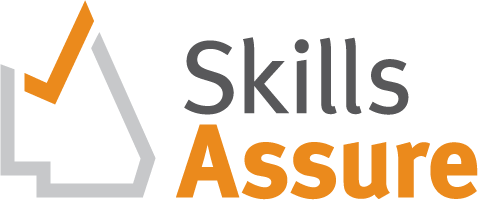Vocational Education can be associated with apprenticeships, traineeships or workplace training. In this article, we provide a basic understanding of what vocational education & training is, some of the unique benefits it offers and how it is mostly undertaken in Australia today so that you can decide if Vocational Education & Training is for you.
What is Vocation Education & Training (VET)?
Vocational Education and Training (VET) is that part of tertiary education and training which provides accredited training in job-related and technical skills.
Nationally recognised qualifications are available up to an Associate degree and can be completed directly with a Registered Training Organisation or indirectly through the course of employment.
What are the benefits of Vocational Education?
VET qualifications can often provide a faster, more flexible and cost-effective route to gaining career-relevant qualifications than a university degree.
Vocational education is commonly done whilst employed in the area of study. This reduces the financial strain compared with full-time study. Plus, course fees are lower than university and government subsidies are available for identified skills shortage areas.
The average VET qualification is 12-24 months compared with 3 years on average for a bachelors degree at a university. It can also be obtained based on previous real-world experience through a process known as Recognition of Prior Learning (RPL) which avoids study and exams.
Lastly, vocational education qualifications are by definition well aligned with specific roles in the workplace so the skills learnt in training can immediately be put in to practice.
How is Vocational Education normally undertaken?
There are a number of Vocational Education & Training arrangements which can include:
Apprenticeships
The student works for an employer in a skilled trade directly related to their training. The tuition fees and time for study are most often paid by the employer according to relevant award. At the end of the apprenticeship, the apprentice becomes a qualified tradesperson in their chosen field, such as an Electrician.
Traineeships
Similar to an apprenticeship, employees are trained whilst employed although the area of study is more general in nature and not tied to a specific trade. Students are trained in a vocational area related to their work such as hospitality, office administration, retail etc. The trainee receives the qualification at the end of their study. The qualifications obtained for trainees are broader and often transferable across industries.
During the course of regular employment
An employer may provide a learning & development program as an employee benefit and to build a more highly skilled workforce. Qualifications can often be fast-tracked for experienced personnel by using Recognition of Prior Learning (RPL).
Independent enrolment
Many people undertake vocational study independently to put themselves in a better position to secure the job they seek or attain more technical skills in a new industry.
Is Vocational Education & Training right for me?
Now that you understand a little more about Vocational Education & Training, speak to Opportune about how we can help you obtain a nationally recognised qualification through the course of your employment. Or, as an employer, we can help you offer this type of training to your employees through our bespoke training programs. You can find out more about what’s involved by contacting us on 1300 721 121 or email [email protected].




